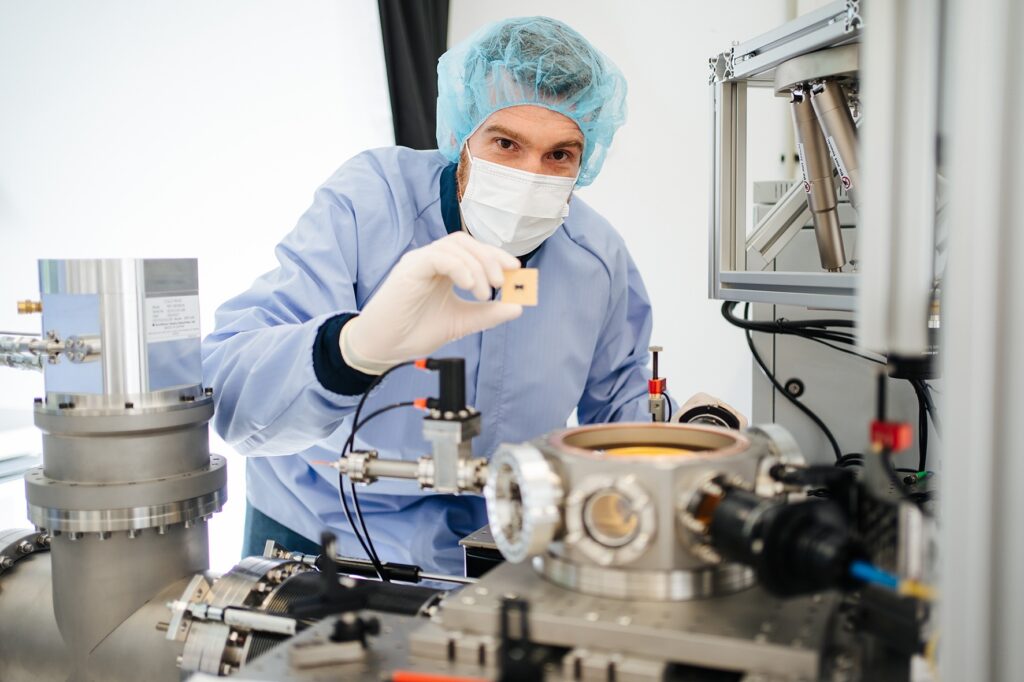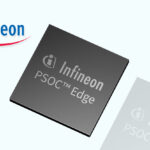ASIA ELECTRONICS INDUSTRYYOUR WINDOW TO SMART MANUFACTURING
Partners to Surge Quantum Computer in New Project
Infineon Technologies AG and its technology partner Oxford Ionics Ltd. will build a mobile quantum computer as one of three consortia by Agentur für Innovation in der Cybersicherheit GmbH “Innovation for Cybersecurity” (Cyberagentur).
Specifically, the Cyberagentur, supported by the German Federal Ministries of the Interior and Defence, aims to obtain three functioning mobile quantum computers within three years. Accordingly, one system will be for further development for practical use. It is investing a total of 35 million euros in the research and development project. The competition aims to help strengthen the technological sovereignty of Germany and Europe in the field of quantum technologies.
Combines Manufacturing Expertise
“We will (be able to) build a highly suitable quantum computer system that fulfills the most demanding conditions for working outside the laboratory. It will be so mobile that it can be used virtually anywhere,” said Clemens Rössler, Head of Ion Trap Development at Infineon.

In addition, Rössler said, “For us, the construction of the mobile quantum computer goes beyond a normal research project. It’s about combining our technological expertise, including the Infineon QPU platform technology, with commercially available manufacturing technology to make quantum computing practical.” The mobile quantum computer will be based on ion-traps technology.
“Since our inception, we have viewed the challenge of building powerful quantum computers as an engineering project – not a science project. This approach has yielded both the highest performing qubits in the world and a robust technology that can deliver industry-leading performance within a small physical footprint based on unique customer needs,” said Dr Chris Ballance, co-founder and CEO of Oxford Ionics.
Furthermore, Balance said, “We look forward to leveraging Infineon’s expertise as we build the mobile quantum computer. (This includes) collaborating on QPUs that will scale up in qubit count based on our leading position in qubit quality.”
Harnesses Know-How, Expertise
As a highly modern and mobile ion qubit quantum computer, it will have all the important functions needed to perform complex operations. Specifically, those required for machine learning or logistics optimization. Moreover, the quantum computer will be compact, resilient to environmental disturbances, and energy-efficient.
Thanks to the use of chips manufactured in a high-volume semiconductor fabrication line, it is possible to scale up the technology roadmap to more than 1,000 qubits of high quality. This allows to meet the requirements of the Cyber Agency.
Moreover, it wants to have a reproducible and programmable quantum computer built that can suit security organizations in actual work on site. Moreover, not only in highly-specialized laboratories.
The technology required for this must be miniaturized in its entirety. Thus, should be independent of laboratory conditions such as special power connections, stable environmental conditions, data connection, and other variables. The two technology partners Infineon and Oxford Ionics together have the know-how and expertise to implement this in practice.
24 September 2024




